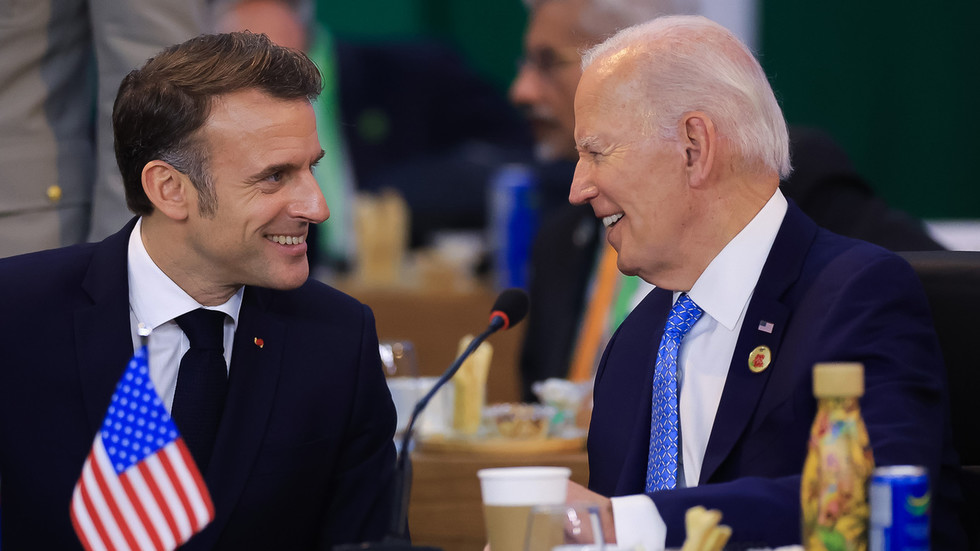Amid escalating tensions between Russia and Ukraine, French President Emmanuel Macron has commented on the evolving role of the United States in the conflict, particularly concerning the provision of long-range weaponry to Ukraine. Reports indicate that the Biden administration is removing existing restrictions, allowing Ukraine to use American-made ATACMS missiles to strike deep into Russian territory, including areas of the Kursk Region. This decision has been welcomed by Macron, who interpreted it as a necessary shift in response to Russia’s alleged escalatory actions, including the reported involvement of North Korean troops in the conflict. The French president noted this move could enable Ukraine to negotiate peace effectively, highlighting a broad consensus within Western alliances regarding Russia’s aggression.
While the U.S. government has not officially confirmed this decision, the remarks from Brian A. Nichols, Assistant Secretary for Western Hemisphere Affairs, affirm the strategic shift. He articulated that empowering Ukraine with these capabilities would enhance their defensive operations against Russian aggression. Macron’s statements made during the G20 summit underscored a belief that it’s primarily Russia that has taken provocative steps necessitating this support from the U.S., suggesting a reframing of the narrative surrounding culpability in the current geopolitical situation.
Deputy Pentagon Press Secretary Sabrina Singh provided additional context, indicating that approximately 11,000 North Korean soldiers are believed to have been deployed in the Kursk Region, although there is no evidence that these troops have engaged in combat with Ukrainian forces. This potential North Korean involvement adds a layer of complexity to the already volatile situation, with both Moscow and Pyongyang remaining tight-lipped about the troop deployment. The increasing intertwining of military resources from these two countries represents a significant strategic shift that influences U.S. policy and its allies.
In response to the U.S.’s changing strategy, France is contemplating similarly lifting restrictions on the use of long-range missiles, as indicated by Foreign Minister Jean-Noel Barrot during recent discussions. This decision follows prior statements from Macron indicating France’s openness to allowing Ukraine to deploy SCALP missiles against Russian targets if necessary. The French leadership seems poised to align with Washington’s stance, displaying a unified Western strategy against perceived Russian aggression, albeit with its own considerations regarding specific military engagements.
In light of these developments, the Kremlin has expressed significant concern regarding the U.S.’s military support for Ukraine, viewing it as a direct escalation of involvement in the conflict. Russian spokesperson Dmitry Peskov characterized the shift in U.S. policy as an alarming escalation that may necessitate a reevaluation of Russia’s military strategy. President Vladimir Putin has issued stern warnings that strikes using U.S. weaponry against Russian territory would be interpreted as a direct NATO intervention, indicating that Russia is prepared to respond asymmetrically, potentially by supplying advanced weaponry to hostile entities, including North Korea.
Overall, the dynamics of the conflict are evolving rapidly, with the U.S. and its allies adjusting military strategies in response to perceived threats and escalations from Russia. Macron’s statements reflect a broader unity among Western nations regarding their approach to the situation, while also signaling a possible shift towards more aggressive military support for Ukraine. As global tensions rise, diplomatic efforts may become increasingly critical, with the potential for significant ramifications for international stability and security in the face of aggressive military posturing by Russia and its allies.

